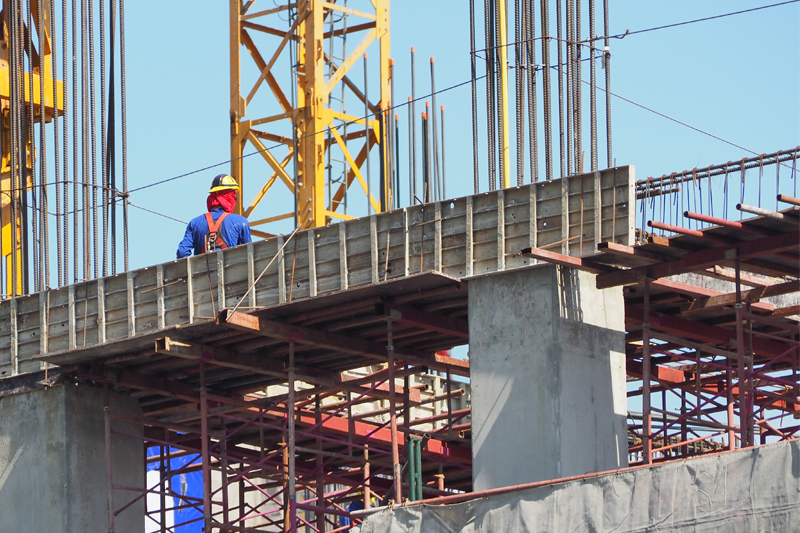The UAE has taken steps to ensure that employees are paid their salaries on time through the implementation of the Wages Protection System (WPS). The WPS is an electronic salary transfer system that requires employers to pay their employees through approved financial institutions. Failure to comply with this requirement has led to more than 3,000 establishments being referred to the Public Prosecution by the Ministry of Human Resources and Emiratisation (Mohre).
The Ministry has implemented a range of administrative procedures against establishments that do not pay workers’ salaries on time. In addition to the use of the WPS, the Ministry monitors establishments registered in its database through field visits and its e-inspection systems. These inspections are conducted to ensure that employers comply with employment requirements, occupational health and safety guidelines, WPS rules, housing/accommodation standards, and the mid-day break policy during the summer months. The Ministry also enforces regulations on issuing contracts and work permits, unlicensed work or temporary employment agency, fake Emiratisation, and employers holding official documents belonging to domestic workers, among others.
The Ministry completed over 612,000 inspections of private sector establishments in 2022 and identified over 12,000 violations. Administrative fines were imposed on these establishments as a result of their non-compliance. Khalil Al Khoori, undersecretary for Human Resources Affairs, noted that the Ministry has adopted online channels to ensure efficient, accurate and transparent inspections. This automation process has improved the effectiveness of the Ministry’s inspection regime.

In 2022, the Ministry resolved around 81% of labour complaints amicably, while the remaining 19% were referred to labour courts. Ayesha Belharfia, acting undersecretary for Emiratisation Affairs and assistant undersecretary for Labour Affairs, reaffirmed the Ministry’s commitment to protecting both parties in an employment relationship and guaranteeing their rights fairly. The Ministry aims to strengthen the UAE’s status as a global destination to live, invest, and work in by ensuring that its labour market is competitive and flexible, supported by a robust regulatory ecosystem in line with international labour agreements.
The Ministry is also committed to facilitating the procedures for submitting and dealing with complaints by specialised legal researchers in a transparent and unbiased way. These legal researchers are trained to find amicable solutions between the involved parties to save time and effort for both complainants and the labour courts. This approach supports the Ministry’s commitment to resolving labour complaints amicably and fairly.
The implementation of the WPS and the Ministry’s monitoring and inspection regime are essential for ensuring that employees receive their salaries on time and that their rights are protected. The Ministry’s commitment to resolving labour complaints amicably and fairly is also important for maintaining a competitive and flexible labour market in the UAE. The Ministry’s efforts to create a robust regulatory ecosystem are essential for ensuring that the UAE remains an attractive destination for living, investing, and working.
In conclusion, the UAE’s Ministry of Human Resources and Emiratisation has taken significant steps to protect the rights of employees and ensure that employers comply with labour laws and regulations. The Ministry’s use of the Wages Protection System, its monitoring and inspection regime, and its commitment to resolving labour complaints amicably and fairly are important for maintaining a competitive and flexible labour market in the UAE. The Ministry’s efforts to create a robust regulatory ecosystem are also essential for ensuring that the UAE remains an attractive destination for living, investing, and working.
Summary of article by: Staff Reporter, Khaleej Times



